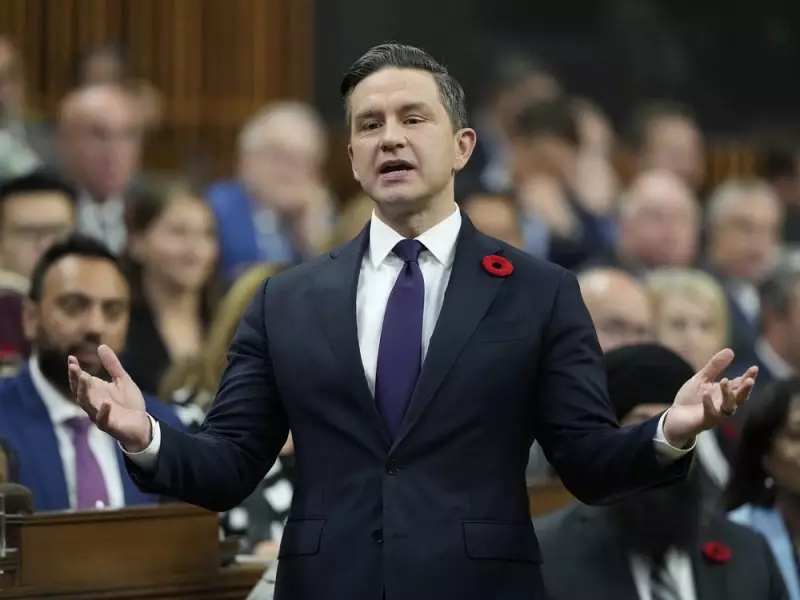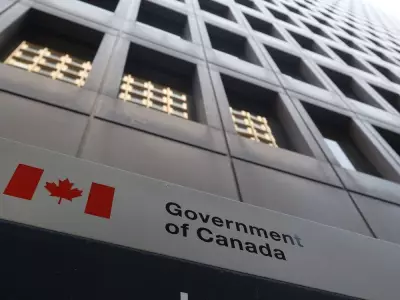
The recent departure of two Conservative MPs from Pierre Poilievre's caucus has sparked media speculation about the leader's political future, but a closer examination reveals these exits pose no serious threat to his leadership.
MP Departures Under Scrutiny
Conservative MPs Chris d'Entremont and Matt Jeneroux have left the party caucus, with d'Entremont making what many consider a cynical move to join the Liberals while Jeneroux simply resigned his position. This development comes just over six months after both politicians won re-election in the April 2025 general election.
Media coverage has frequently portrayed these departures as evidence of significant trouble within Poilievre's leadership. However, this interpretation appears to reflect wishful thinking among journalists who typically favor drama and often demonstrate clear antipathy toward the Conservative leader.
Pattern of Inaccurate Predictions
This isn't the first time media outlets have prematurely predicted trouble for Poilievre. Following his loss in his Ottawa-area riding during the April election, numerous reports suggested his position was becoming insecure. Later, during his August 2025 byelection campaign in the Alberta riding of Battle River-Crowfoot, many media organizations, particularly the CBC, predicted Independent candidate Bonnie Critchley could defeat him.
The actual results told a different story. Poilievre defeated Critchley by an overwhelming 71-point margin, securing 81 percent of the vote compared to her 10 percent. This decisive victory demonstrated strong support for the Conservative leader despite media skepticism.
Understanding MP Motivations
When analyzing why MPs change parties, the primary reason typically isn't deep ideological differences or attraction to new political principles. Nor is it necessarily the prospect of cabinet positions. More often, the motivation is self-preservation—MPs believe switching parties will improve their chances of re-election.
However, history shows this strategy rarely works. Floor-crossing MPs win re-election less than half the time, making it a risky political calculation.
In Jeneroux's case, his victory margin in the Edmonton Riverview riding was narrower than typical for Alberta Conservatives. He beat Liberal candidate Mark Minenko 50 percent to 45 percent in the April election. While reports indicated he had been courted by Prime Minister Mark Carney's senior staff, Jeneroux ultimately chose resignation over party switching—likely a wise decision given that Riverbend and its predecessor ridings have voted Conservative or Reform in every election for more than three decades.
Notably, Jeneroux spoke respectfully about members from all parties during his departure and refrained from criticizing Poilievre. Only d'Entremont took a swipe at the Conservative leader on his way out.
The departure of two MPs doesn't constitute a trend, and with Poilievre's recent overwhelming byelection victory demonstrating his strong support base, these exits appear to be minor political developments rather than signs of significant leadership trouble.





